Funding and policy
Recent articles
Stories about research grants, funding models and the business of science
Latest
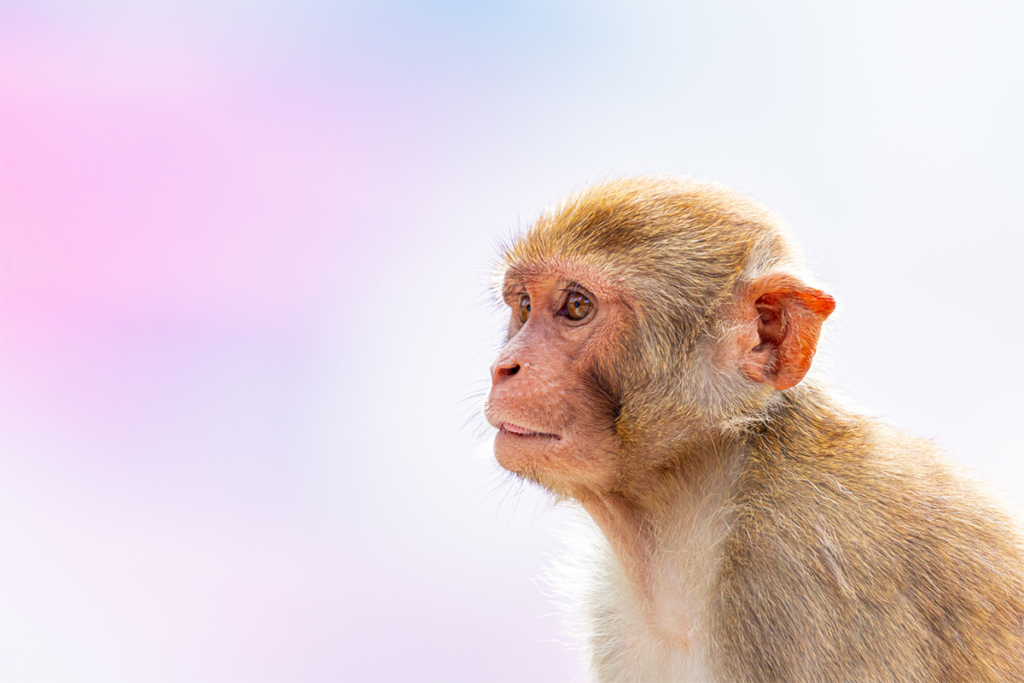
Oregon primate research center to negotiate with NIH on possible transition to sanctuary

‘Peer review is our strength’: Q&A with Walter Koroshetz, former NINDS director
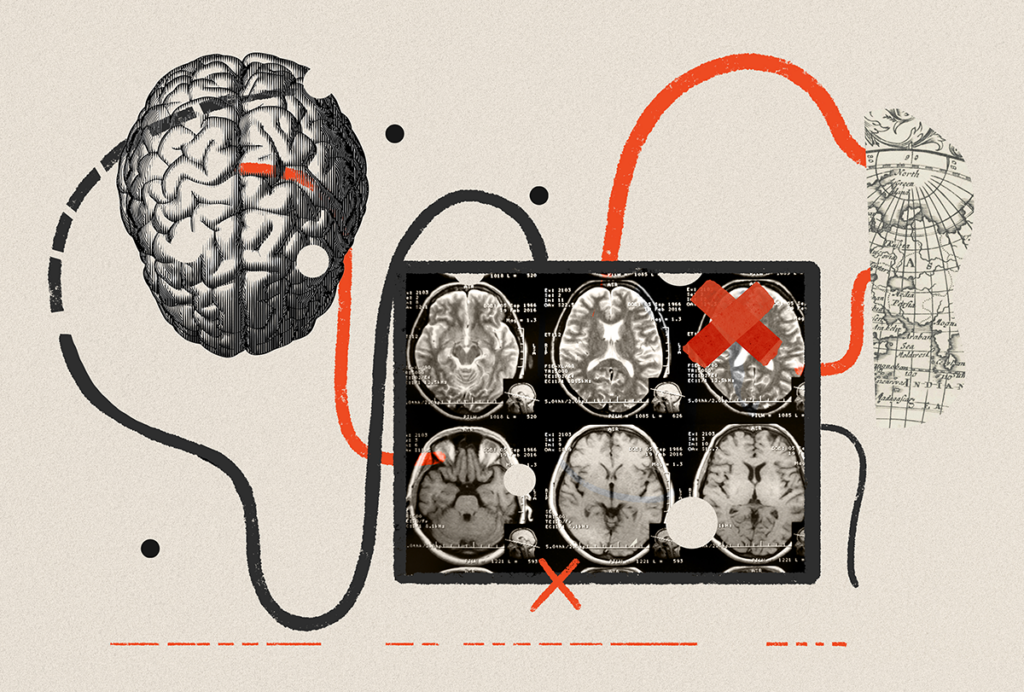
BRAIN Initiative researchers ‘dream big’ amid shifts in leadership, funding
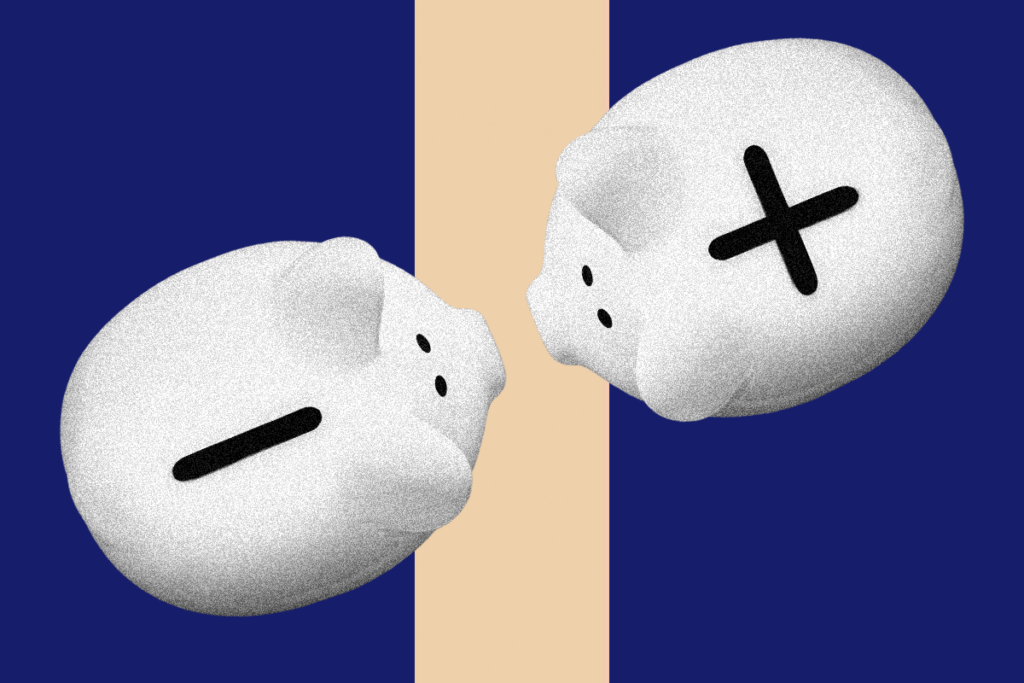
Neuroscience, BRAIN Initiative gain budget in ‘bad’ NIH funding bill

Neuroscience’s leaders, legacies and rising stars of 2025

The Transmitter’s top news articles of 2025
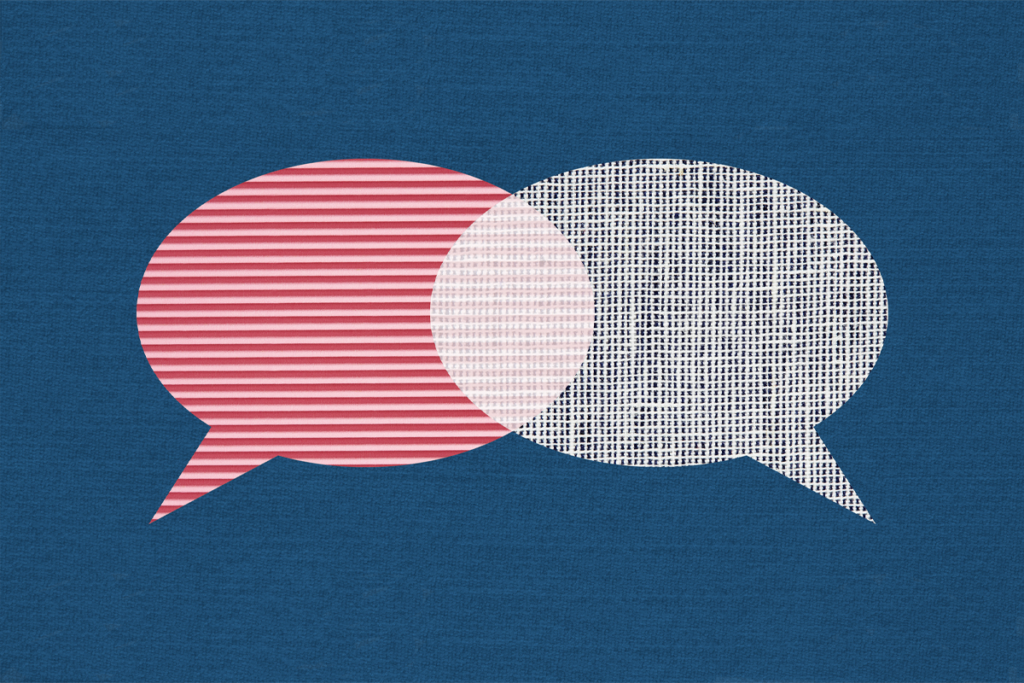
Talking shop: The Transmitter’s top quotes of 2025
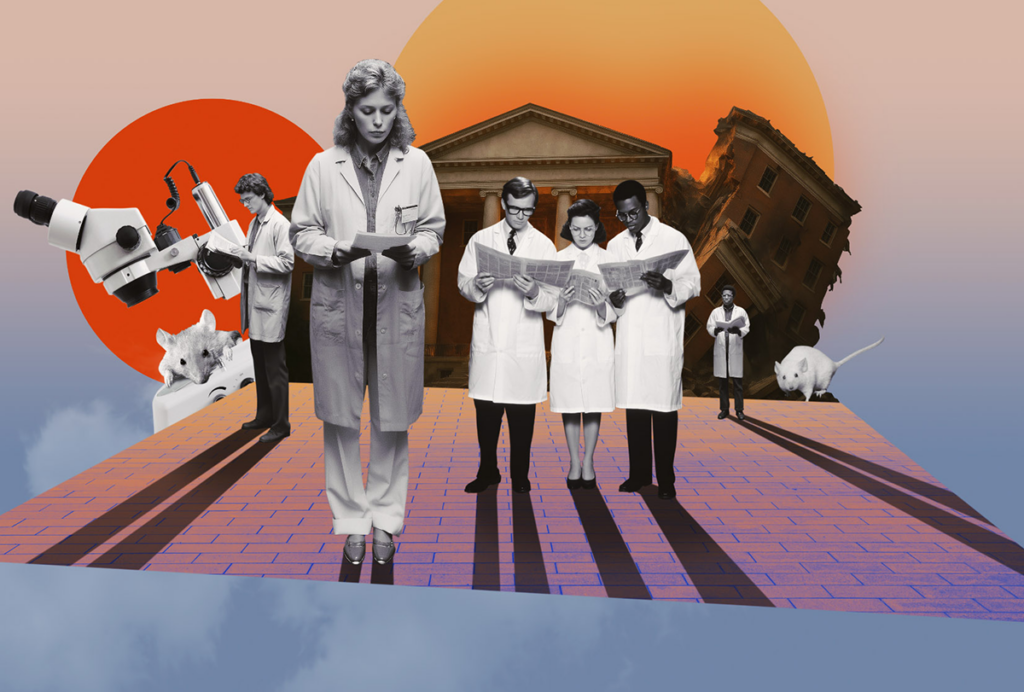
The Transmitter’s favorite essays of 2025
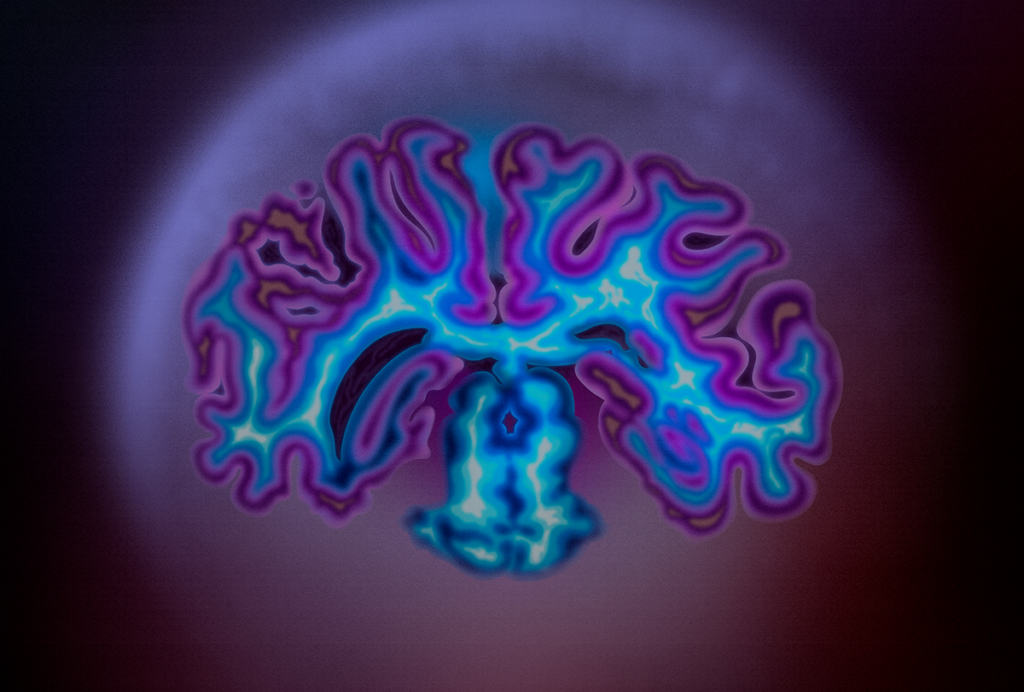
Without monkeys, neuroscience has no future

Our searchable repository of useful research can restore trust in federally funded basic science

Neurophysiology data-sharing system faces funding cliff
After the primary grant supporting Neurodata Without Borders ends in March 2026, the platform may no longer be maintained or kept up to date.

Neurophysiology data-sharing system faces funding cliff
After the primary grant supporting Neurodata Without Borders ends in March 2026, the platform may no longer be maintained or kept up to date.
A change at the top of SfN as neuroscientists gather in San Diego
Kevin B. Marvel, longtime head of the American Astronomical Society, will lead the Society for Neuroscience after a year of uncertainty in the neuroscience field.
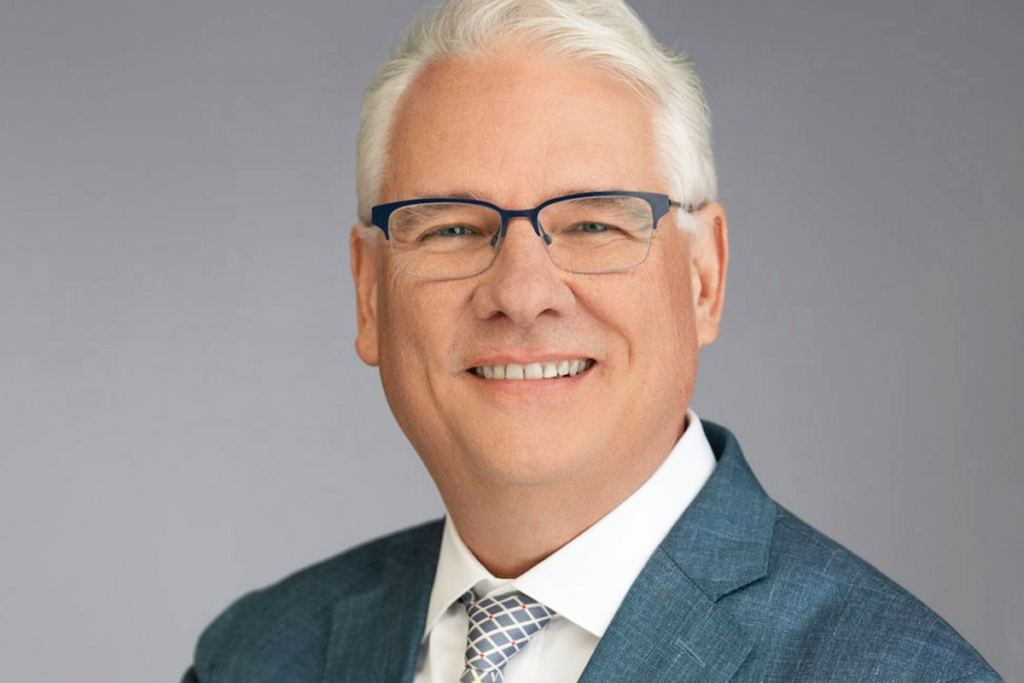
A change at the top of SfN as neuroscientists gather in San Diego
Kevin B. Marvel, longtime head of the American Astronomical Society, will lead the Society for Neuroscience after a year of uncertainty in the neuroscience field.
Establishing a baseline: Trends in NIH neuroscience funding from 2008 to 2024
Funding for neuroscience-related projects more than doubled in 16 years, rising from $4.2 billion in 2008 to $10.5 billion in 2024, according to an analysis by The Transmitter. That money went largely to private universities in coastal states.

Establishing a baseline: Trends in NIH neuroscience funding from 2008 to 2024
Funding for neuroscience-related projects more than doubled in 16 years, rising from $4.2 billion in 2008 to $10.5 billion in 2024, according to an analysis by The Transmitter. That money went largely to private universities in coastal states.
How will the field’s relationship to industry change over the next decade? Will a larger neurotechnology sector emerge?
Interactions between academic neuroscience and industry will grow, and the neurotech sector will expand, most survey respondents predict. The current funding upheaval in the United States may accelerate this trend as the field searches for new funding models.

How will the field’s relationship to industry change over the next decade? Will a larger neurotechnology sector emerge?
Interactions between academic neuroscience and industry will grow, and the neurotech sector will expand, most survey respondents predict. The current funding upheaval in the United States may accelerate this trend as the field searches for new funding models.
How have funding cuts affected early-career scientists’ futures?
Some say they feel terrified and anxious over all the uncertainty; many are thinking about leaving the United States, academia or science altogether; others plan to stay the course.
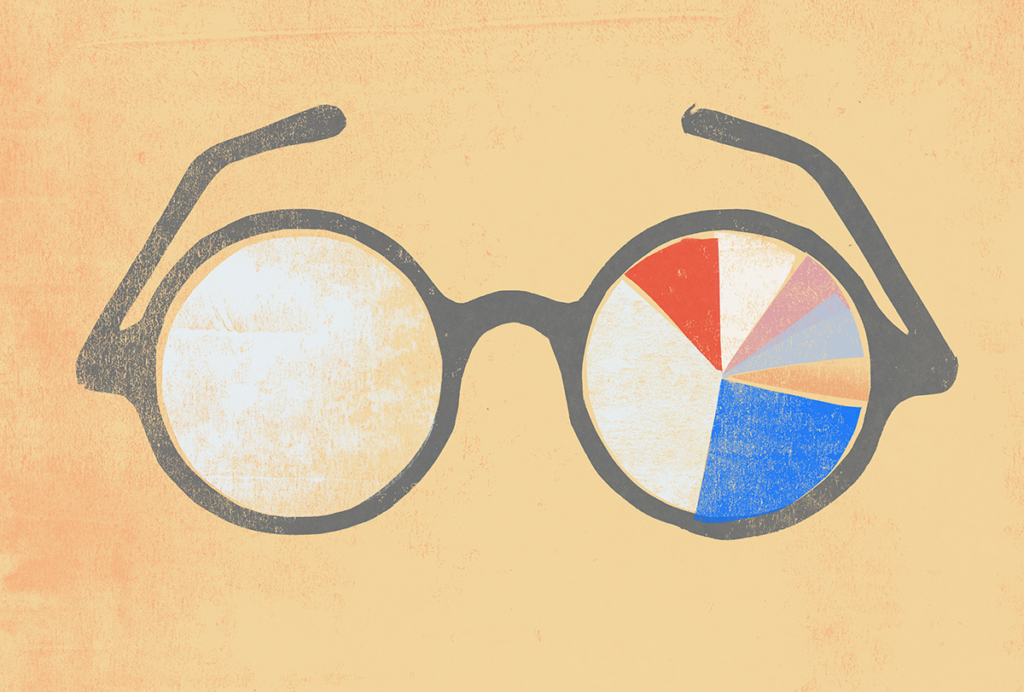
How have funding cuts affected early-career scientists’ futures?
Some say they feel terrified and anxious over all the uncertainty; many are thinking about leaving the United States, academia or science altogether; others plan to stay the course.
Explore more from The Transmitter
Single gene sways caregiving circuits, behavior in male mice
Brain levels of the agouti gene determine whether African striped mice are doting fathers—or infanticidal ones.

Single gene sways caregiving circuits, behavior in male mice
Brain levels of the agouti gene determine whether African striped mice are doting fathers—or infanticidal ones.
Inner retina of birds powers sight sans oxygen
The energy-intensive neural tissue relies instead on anaerobic glucose metabolism provided by the pecten oculi, a structure unique to the avian eye.

Inner retina of birds powers sight sans oxygen
The energy-intensive neural tissue relies instead on anaerobic glucose metabolism provided by the pecten oculi, a structure unique to the avian eye.
Neuroscience needs single-synapse studies
Studying individual synapses has the potential to help neuroscientists develop new theories, better understand brain disorders and reevaluate 70 years of work on synaptic transmission plasticity.

Neuroscience needs single-synapse studies
Studying individual synapses has the potential to help neuroscientists develop new theories, better understand brain disorders and reevaluate 70 years of work on synaptic transmission plasticity.